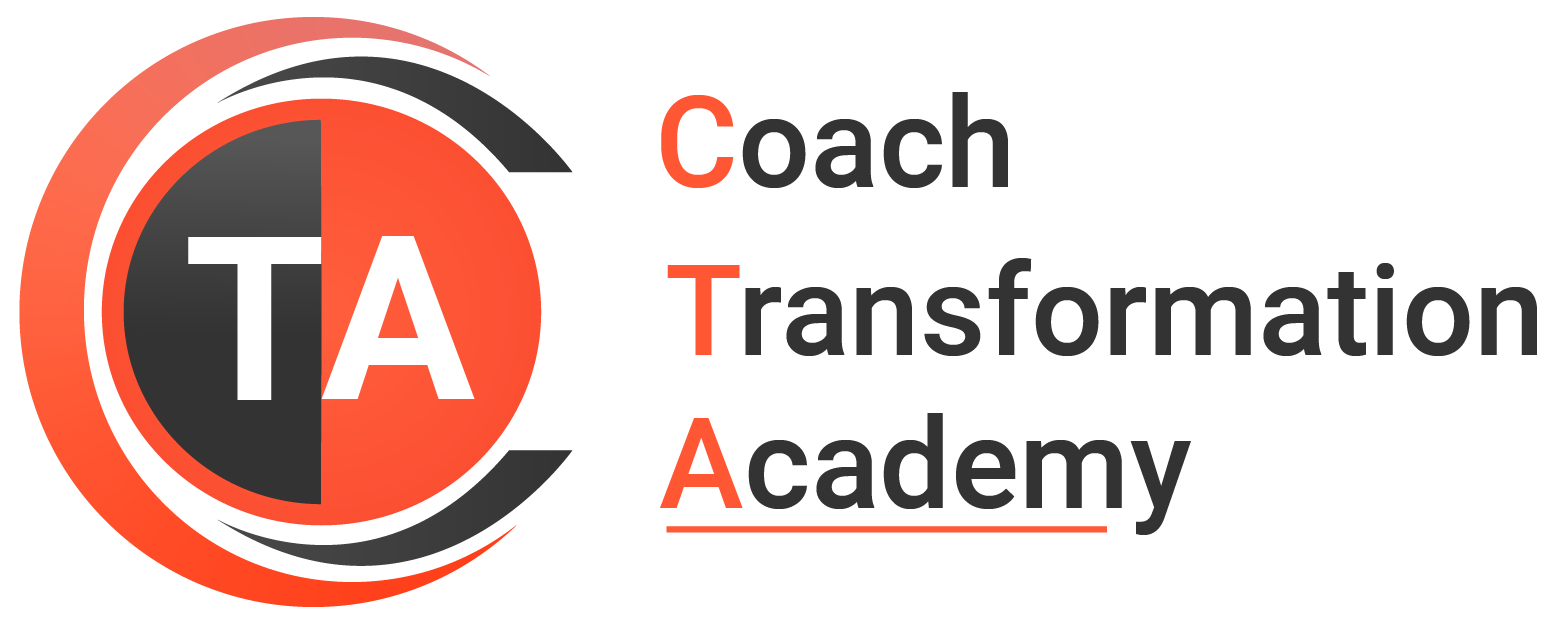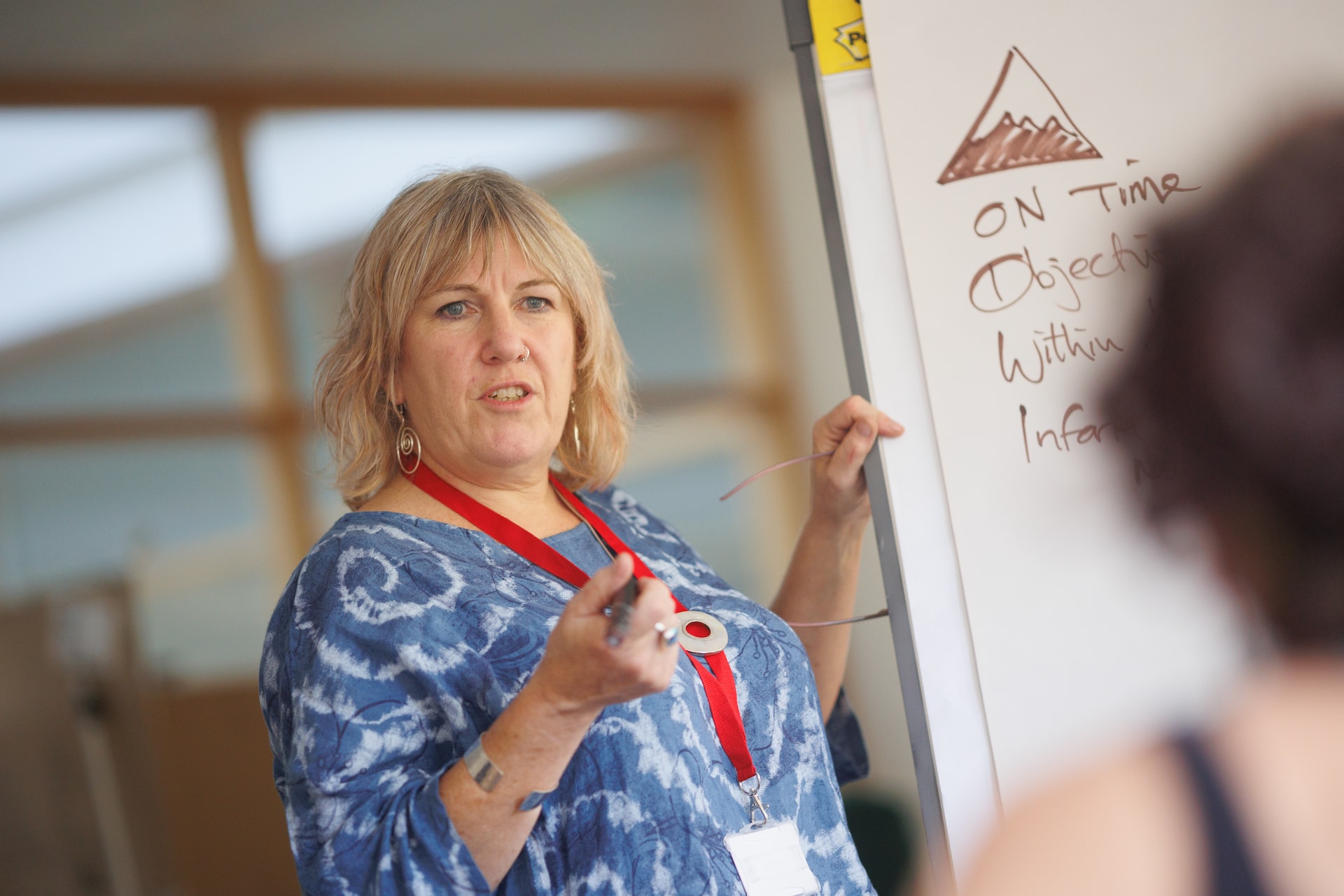Before enrolling in this program, I was hesitant whether coaching would be a suitable career for me. Although I have an MBA from a very reputable university and am doing quite well in my career, I still feel like I’m supposed to be doing something else with my life. I decided to try out coaching because the aspects of my job that I like are linked to conducting training and seminars to a wide group of people involving both technical and soft skills. I am also in charge of implementing a training and development program for our sales team. Most importantly, I don’t like to answer to anyone and prefer to work autonomously. I had a feeling that coaching can provide me with more of what I enjoy doing.
After attending the program, I learned what coaching entails and what differentiates it from training, mentoring, consulting, counseling, and therapy. Although my current understanding of coaching as a profession is not exactly as I had imagined (the map is not the territory), I still feel that it is a very powerful skill. I’m already in possession of all the resources I need to master it. In essence, all I really have to do is move up to the final stage of the ‘conscious competence’ ladder.
For a very long time now, I have been on a quest for self-discovery and have started to notice the patterns in my life and uncover some of my bottom beliefs. I am fascinated by how our values and beliefs affect our attitudes and behaviors. And I have come to accept that one cannot see any real, lasting positive change unless they tackle the deep-seated belief that is creating their present reality. The most effective way to do that I thought was through hypnotherapy and reprogramming the subconscious. However, coaching made me realize that learning is an experience that has the power to change our behavior. But here, it is important to distinguish between learning and knowledge. Learning is knowledge put to action.
The way I see it is that knowledge constitutes self-awareness, i.e., to become more aware of our thoughts and emotions and single out the belief system behind them. But that alone is not enough to bring about lasting change. The key here comes from learning, whereby one tries to reframe the self-limiting belief in a more positive light and reinforce it through small wins. The biggest challenge for me along the learning curve is to take action and replace the old belief with a new one.
From what I understood from the last phase of the coaching process, the coachee needs to develop a particular plan of action and hold him/herself accountable for achieving it. Looking back on it now, I can see the importance of self-discipline and consistency; otherwise, he/she will not reach the last step towards ‘unconscious competence.’
This is the main obstacle I face to getting the results needed, and I was made aware that it is where most people struggle. It reminds me of the story I heard about a miner who was just three feet away from gold and gave up, only for someone else to reap the benefits of his hard work. As I write this now, I’m made aware of my procrastination habit. I tend to put things off when I don’t have all the pieces to the puzzle. I wonder if this need for perfection is rooted in fear of failure. It’s definitely worth exploring to work on myself more before setting out to help others.
On a side note, I have started to notice that I push people away either with sarcastic remarks or by finding excuses to not interact with them even if I had made a very positive impression. I believe the reason is that I don’t want to tarnish the image that they have of me. I’d rather keep myself at a distance to avoid rejection. Come to think of it, it’s not serving me at all; it’s actually doing me quite the opposite effect. Although I doubt this behavior would surface with a regular client, I still think it is another aspect that I need to work on to network more with fellow peers and gain more credibility.
On a professional level, it is worth to mention that part of my job requires me to be in daily contact with our distributor’s sales force while visiting customers together. They have a relatively large team, so each day I’ll be on the field with a different sales representative. A lot of them like to dish out about their problems to me whenever we go out on field rides together. They open up about their challenges at work and sometimes speak to me about personal issues at home. They like talking to me because I’m a good listener. However, most of the time, I can’t help but judge some of their decisions, and like everyone who lends an ear, I often find myself giving out advice because I assume that’s what they’re looking for. For me to become a successful coach, I need to work on eliminating these habits.
I believe that everyone is gifted in some way, and they have a hidden talent waiting to emerge. Coaching can be a powerful tool to help people unlock their full potential and lead a fulfilling life. Overall, I am happy I attended the program and am now convinced more than ever that I need to master this tool to enrich my life and the lives of others.





